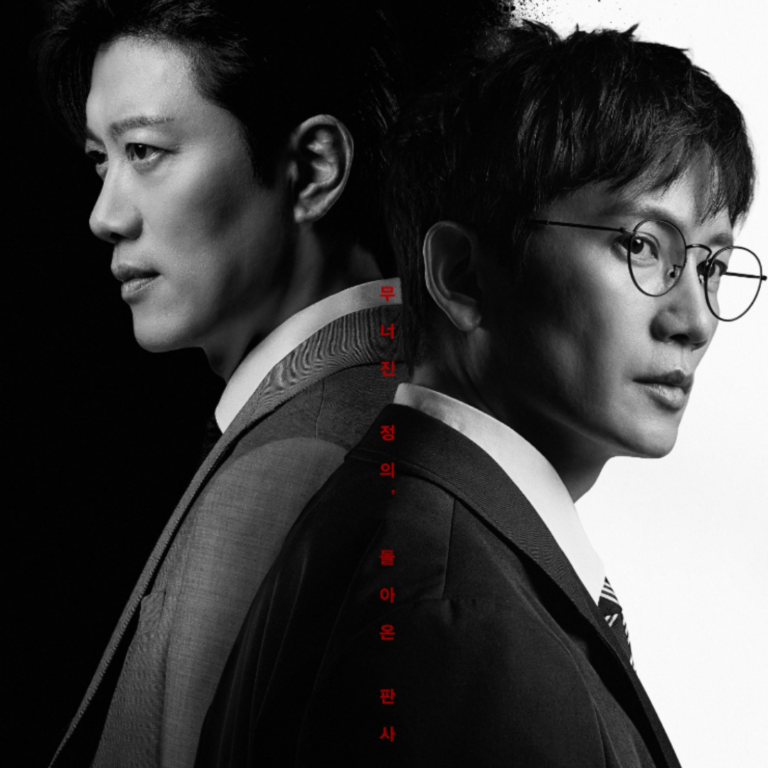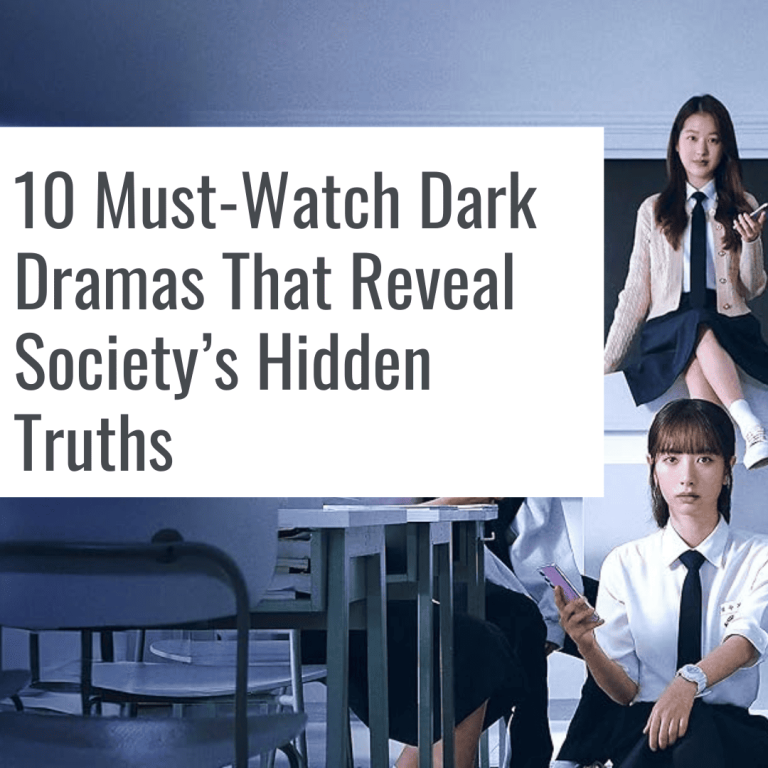Beyond the Bar Review (2025): K-Drama Where Love and Law Collide

Why I Pressed Play on Beyond the Bar
Beyond the Bar Kdrama Review: When I hit play, it was honestly because I had just finished Law and the City and was craving more of that legal drama vibe.
I didn’t binge it as it aired. Instead of binging, I went with two episodes per week and by the second episode, I knew this one would stick with me. It had the sharp legal detail of Extraordinary Attorney Woo, the workplace backdrop of Law and the City, but with a heartbeat of its own.
Beyond the Bar takes us inside Yullim Law Firm, with all its hierarchy, competition, and ambition, but it also pulls us deeper into stories that feel painfully human.
At its center are Kang Hyo-min, a junior associate fighting to prove herself, and Yoon Seok-hoon, the senior litigator who becomes her reluctant mentor. Through their eyes, Beyond the Bar pulls us not just into a law firm but into the messy, human cases that expose where love and harm overlap.

When Love Turns Into Litigation
One of the most compelling things about Beyond the Bar is how it builds its entire premise around love as a spectrum. In episode one, Hyo Min says something that stuck with me:
“Love comes in many different shades: heterosexual, homosexual, maternal, paternal, reverential, brotherhood, friendship, camaraderie, love for humanity, and self-love. And love hurts people. Once that wound festers, they consider legal action.”
And that line? It’s the heartbeat of this drama. Across twelve episodes, it plays out in case after case: euthanasia disputes, IVF contracts, divorces rooted in unrequited love, families torn apart by abuse. Every client walks into court carrying the ruins of love, and every verdict forces us to think about what “justice” can really mean when feelings run this deep.
And it works because it’s not abstract. The writers take a theme as broad as love and root it in cases that feel painfully real.

Case Highlights: When the Law Meets the Human Heart
Some cases hit harder than others, and a few left me genuinely shaken.
The no-collision accident was one. A boy ends up paralyzed not because he was struck by a car, but because his mother’s panic rewired his reality. Her terror became his truth. It was fascinating and haunting in equal measure, a reminder of how psychology shapes law and how trauma can blur what counts as “real injury.”
Then came the animal abuse case, a disturbing story of hidden cruelty exposed by digital traces. On the surface it was about illegal videos, but it spiraled into something darker, touching on psychopathy and vulnerability.

What made it memorable was how Seok-hoon himself stepped outside the courtroom, reminding us that lawyers, too, are human beings who sometimes see justice as something the law alone can’t deliver.
And the Kim Young-mi case, domestic abuse, rage-inducing medication, battered woman’s syndrome left me sitting in silence after the credits. It forced uncomfortable questions: when does law protect the vulnerable, and when does it punish them for survival? Hyo-min’s ethical dilemma of withholding evidence made me think about what it really means to be a lawyer.
These weren’t just “cases of the week.” They were moral puzzles that blurred the lines between right, wrong, and the messy reality in between.

Broken Lawyers, Wounded Clients, and Healing in the Courtroom
If the cases form the backbone, it’s the characters who give Beyond the Bar its soul.
Hyo-min isn’t just a wide-eyed associate; she’s carrying resentment over her deaf twin sister being given away to an aunt. Her cases force her to confront her own wounds and eventually soften her anger toward her mother. Watching her professional growth mirrored by personal growth gave her arc real weight.
Seok-hoon, on the other hand, is the kind of mentor who carries shadows. His marriage collapsed after betrayal and loss, but what stuck with me most was how he clings to his dog like a child because for him, love didn’t disappear, it just changed colors. His willingness to get his hands dirty, even crossing into vigilante justice, made him both admirable and deeply flawed.

Their chemistry? It simmers quietly throughout, never forced. The AI dating twist in the final episode was undeniably cheesy (K-drama endings struggle, we know this), but it didn’t ruin their dynamic. If anything, it underscored the central theme: love is always shifting, sometimes awkwardly, sometimes beautifully.
Even supporting characters like Jin-woo and Min-jung added layers, their age-gap romance providing a lighter contrast without derailing the core story.

Why Beyond the Bar Belongs on Your Watchlist
I’m glad I didn’t binge this one. Some of the cases are heavy: child abuse, euthanasia, medical negligence. Two episodes a week gave me time to process.
At the end of twelve episodes, I walked away thinking about how law and love mirror each other. Both can protect, both can wound, and both are carried out by imperfect humans doing their best in impossible circumstances.
Beyond the Bar isn’t perfect. The ending stumbles, as many K-dramas do but it’s heartfelt, thought-provoking, and quietly powerful. It’s the kind of show that sticks with you not because of flashy courtroom wins, but because of how deeply it makes you think about justice, love, and humanity.
Rating: ⭐⭐⭐⭐☆ (4/5)
If you’re a law student, slice-of-life lover, or just someone who likes their dramas layered with both heart and grit, this one’s worth your time.

Want More Legal K-Dramas?
If you liked this Beyond the Bar Review, check out my Current K-Drama List to see what else I’m watching. You can also read my Trigger K-Drama Episodes 1–5 Review for another recent favorite. And stay tuned, I’ll be dropping my Best Legal K-Drama List soon, where Beyond the Bar will definitely have a place.
Disclaimer: This blog is for informational and entertainment purposes only. All copyrights and trademarks for the TV shows, films, and other media referenced are the property of their respective owners. This blog aims to provide original commentary and insights and claims no ownership over third-party content.








2 Comments